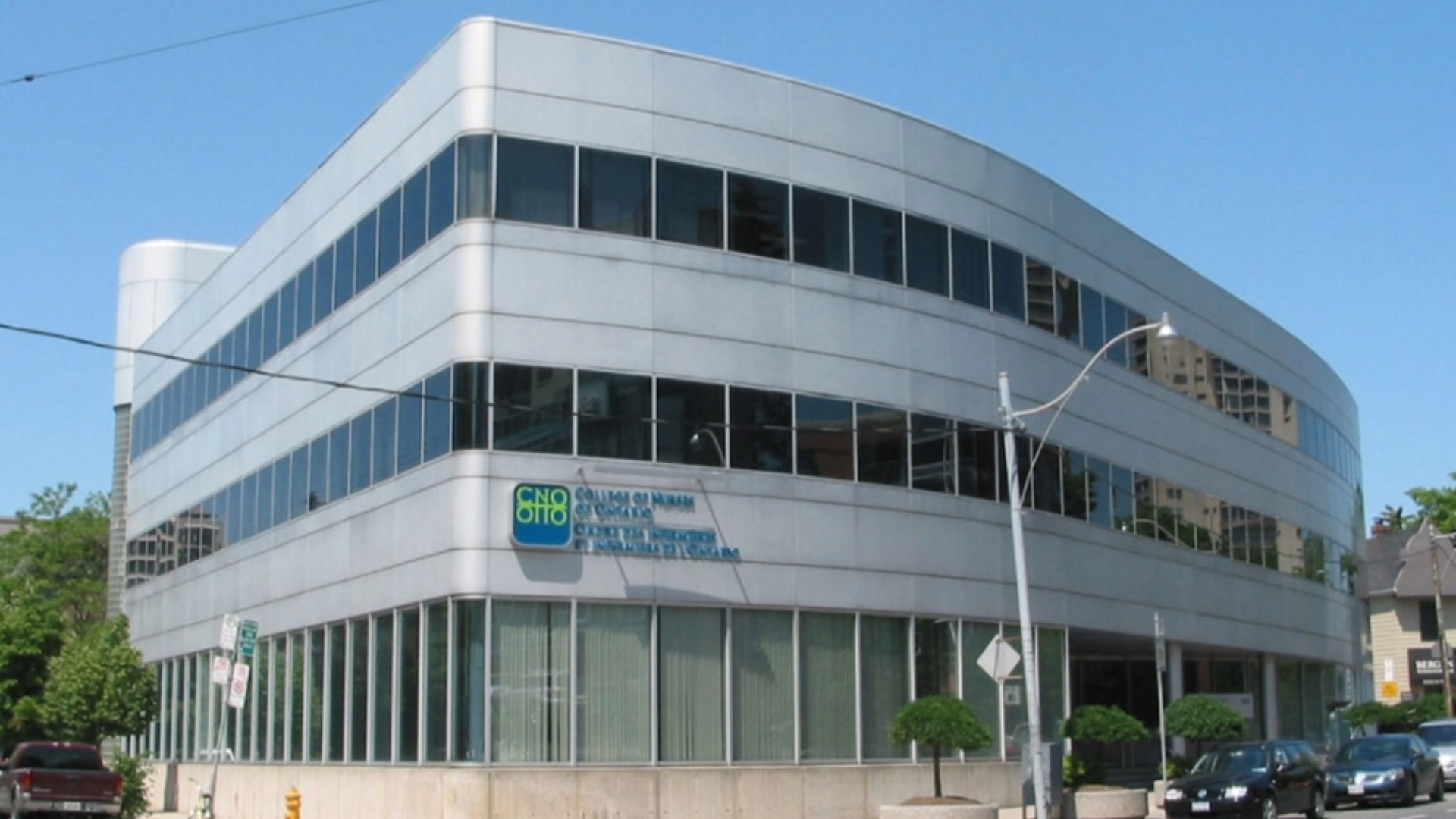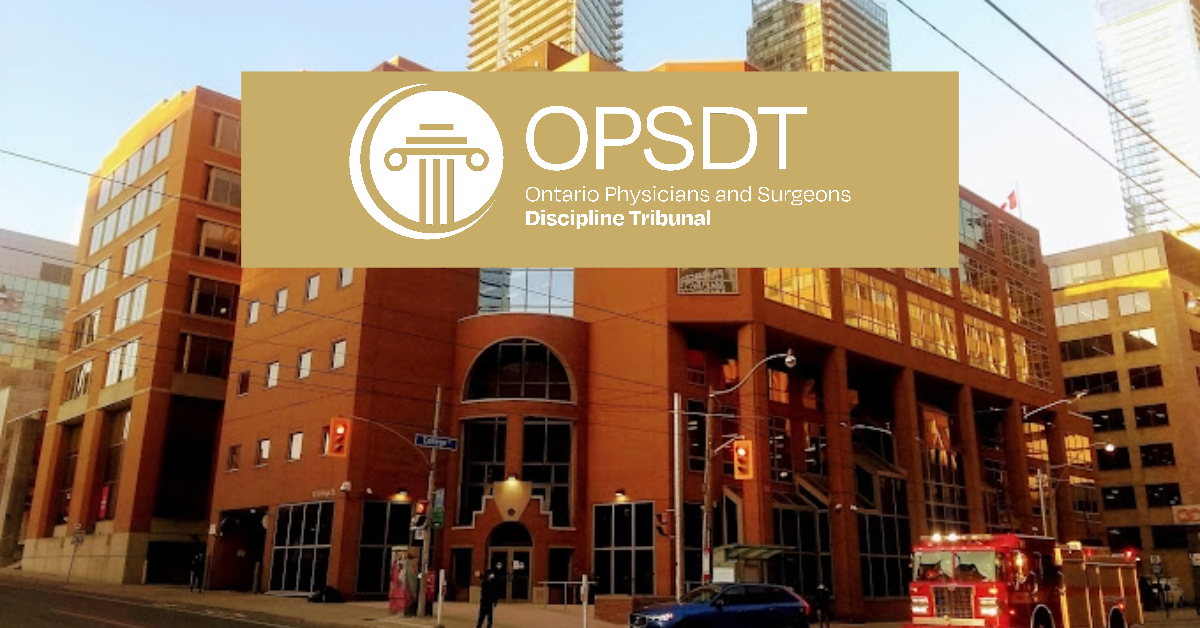
Nurse Alters Morphine Record, Patient Dies: CNO Orders Permanent Resignation
A Profound Breach of Trust in End-of-Life Care In CNO v. Lindsey Coyle, the Discipline Committee of the College of Nurses of Ontario addressed one

On November 30, 2023, the Court of Appeal for Ontario dismissed the appeal of a medical malpractice trial loss by the family of a 51 year-old man who died two weeks after suffering a fall in his home of exsanguination (bleeding) from a subcapsular hematoma in his spleen.
The appellants had been unsuccessful at trial in proving that the respondent general surgeon should have diagnosed a subcapsular hematoma after the fall. They further failed to prove that the family physician, who saw the patient in follow up after being discharged from hospital, ought not to have cleared him for work.
The Court of Appeal for Ontario found no errors with respect to the trial judge’s decision, but in a footnote to the decision revealed some sympathy for the family by observing that “… the primary audience for a trial judge to keep in mind is the losing party, who is entitled to be treated with due respect, and to know why the decision was reached and why the proffered evidence and arguments were rejected.”
Moreover, “… the reasons did not treat the appellants’ claim with the dignity it deserved, and one can understand how the appellants would, incorrectly, conclude from the reasons that the trial judge had not taken sufficient care to understand the case.”
EXPERTS AT TRIAL
Dr. Geoffrey Morris, an expert in family medicine had testified on behalf of the appellants that that the respondent family physician had failed to meet the standard of care of a family doctor in that he should have: (i) not authorized a return to work until he had received the ultrasound results; (ii) told the patient not to work in a remote location (such as Kapuskasing); (iii) instructed the patient about the risk of delayed splenic rupture; and (iv) emphasized the need for emergent care in the event of a rupture.
Dr. Ian Woolfson testified at trial on behalf of the appellants as an expert in general surgery. He testified that the respondent general surgeon had failed to meet the standard of care of a general surgeon in that he should have: (i) been more suspicious of splenic injury given the patient’s pre-existing conditions; (ii) followed up with the patient personally; and (iii) instructed him to restrict his activities for several weeks while remaining in close proximity to a hospital.
The respondents’ expert family doctor, Dr. Ronald Bornstein, testified that the respondent family doctor had met the standard of care applicable to a family doctor because he paid appropriate attention to the risk of splenic injury. He ordered a prudent but unnecessary ultrasound. His clearance for the patient to return to work was appropriate given the absence of evidence of splenic injury, the fact that the patient was feeling well, the benign results of his physical examination of the patient, and the patient’s apparent stability since his treatment at the hospital.
The respondents’ expert general surgeon, Dr. Christopher Cobourn, testified that the respondent general surgeon had met the standard of care applicable to a general surgeon. There was insufficient evidence of splenic injury when the patient was under his care, and a delayed splenic rupture two weeks after a trauma is extremely rare. Dr. Cobourn testified that the respondent surgeon’s advice to follow-up with his family doctor was appropriate in the circumstances.
Decision Date: November 30, 2023
Jurisdiction: Court of Appeal for Ontario

A Profound Breach of Trust in End-of-Life Care In CNO v. Lindsey Coyle, the Discipline Committee of the College of Nurses of Ontario addressed one

What College of Physicians and Surgeons of Ontario v. Thirlwell, 2026 ONPSDT 5 Means for Patients and Public Trust In College of Physicians and Surgeons